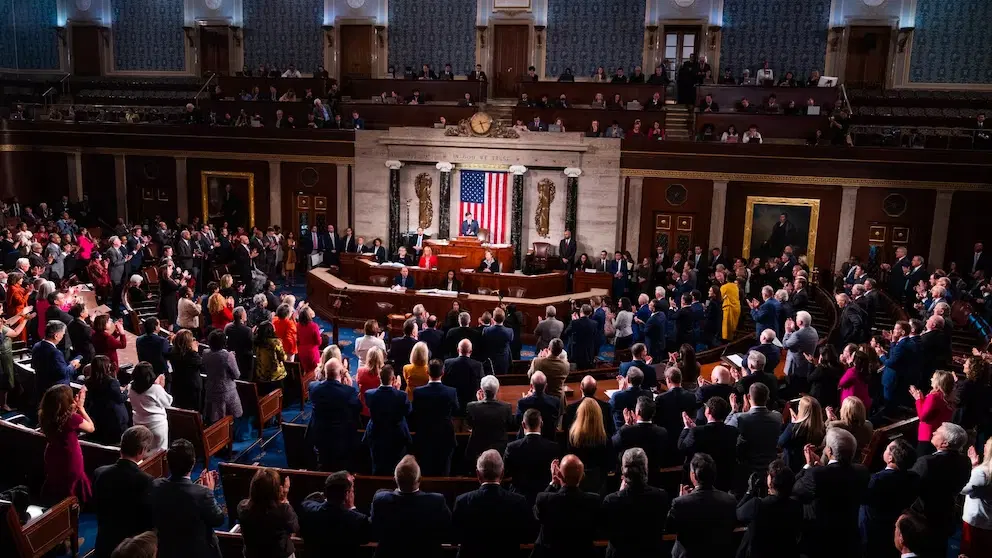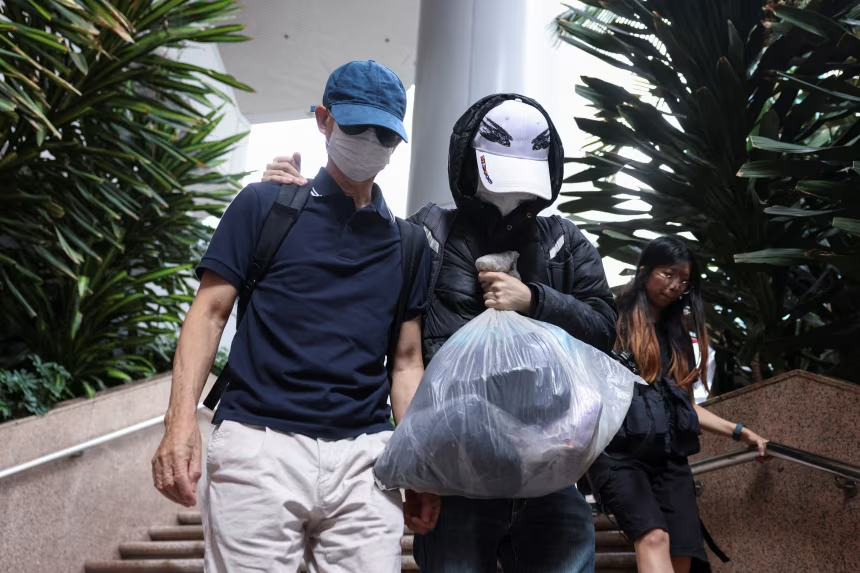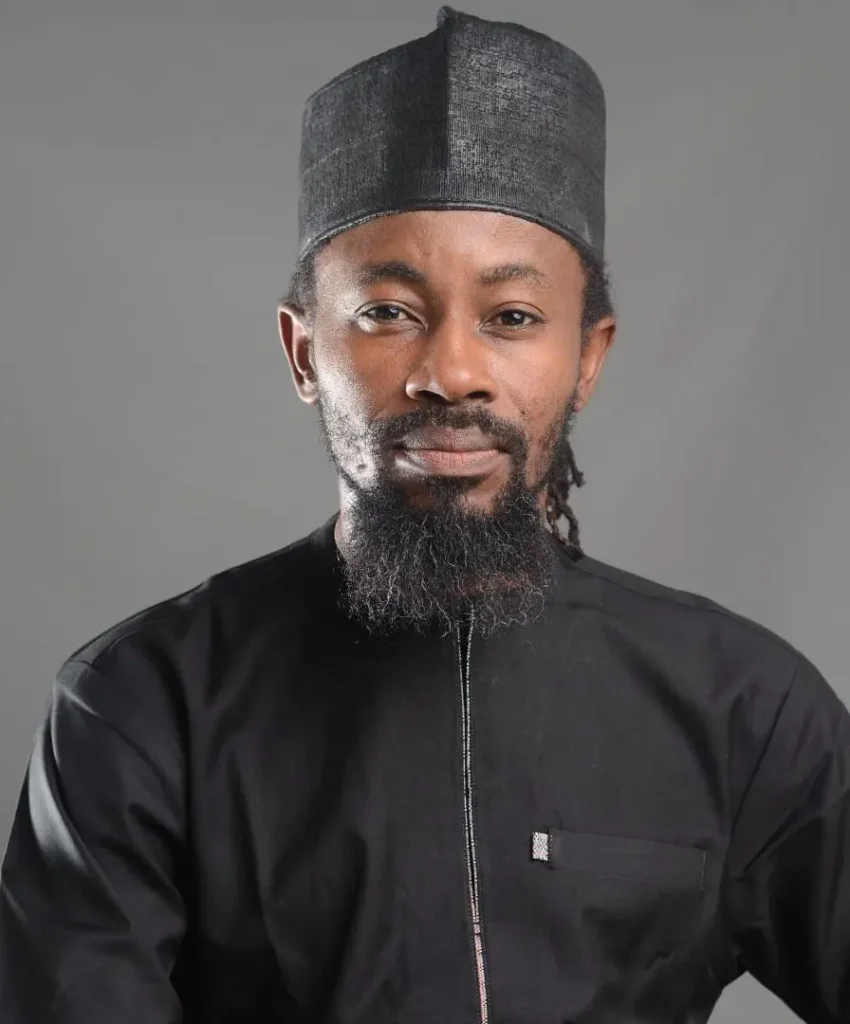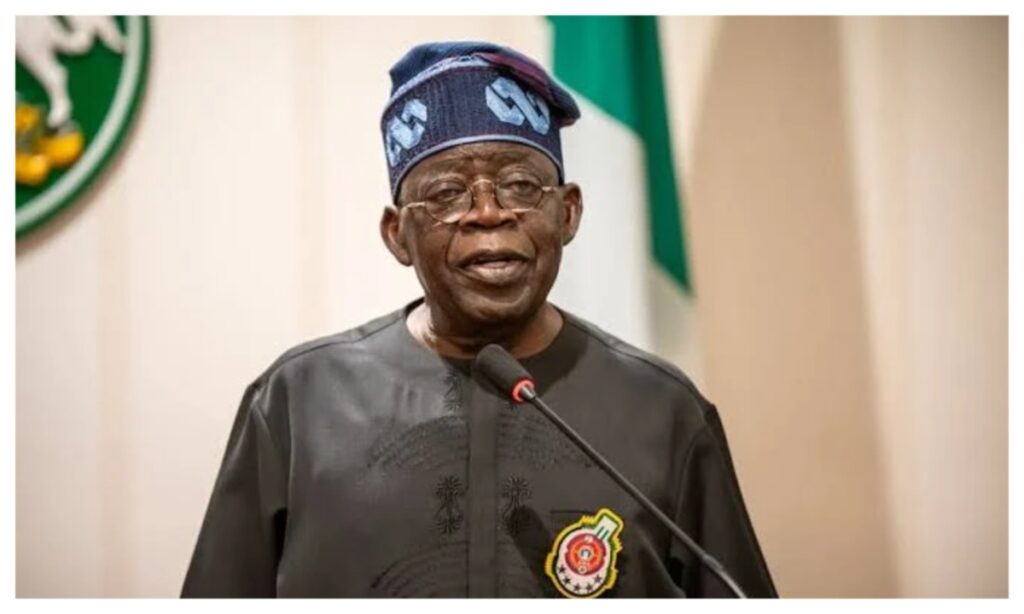Now Reading: US Congress Targets Miyetti Allah with Visa Bans, Asset Freezes over Alleged Religious Persecution
-
01
US Congress Targets Miyetti Allah with Visa Bans, Asset Freezes over Alleged Religious Persecution
US Congress Targets Miyetti Allah with Visa Bans, Asset Freezes over Alleged Religious Persecution

US Congress Targets Miyetti Allah with Visa Bans, Asset Freezes over Alleged Religious Persecution
The United States Congress has introduced a bill proposing visa bans and asset freezes against the Miyetti Allah Cattle Breeders Association of Nigeria (MACBAN) and Miyetti Allah Kautal Hore, accusing both groups of being involved in serious violations of religious freedom against Christians in Nigeria.
The bill, sponsored by US Representative Christopher Smith, seeks to hold individuals linked to the associations accountable under the International Religious Freedom Act, following what Washington describes as persistent attacks on Christian communities across Nigeria.
Representative Smith also praised former US President Donald Trump for re-designating Nigeria as a Country of Particular Concern (CPC) — a classification reserved for nations alleged to permit or participate in severe violations of religious freedom.
Nigeria Opens Dialogue, Says No Cause for Panic
Reacting to the development, Nigeria’s Minister of Information and National Orientation, Mohammed Idris, said the Federal Government remains calm and is engaging diplomatically with the United States over the allegations.
“The government of Nigeria is responding to the genuine concerns raised. We are taking these issues seriously,” Idris said after Wednesday’s Federal Executive Council meeting chaired by President Bola Tinubu.
He maintained that the government is committed to ensuring the safety of all Nigerians regardless of faith or ethnicity, emphasizing that the Constitution guarantees freedom of religion.
“The government is stable, the President is calm, and discussions have already been opened with the US government. There is no panic mode here,” he added.
Tinubu Reassures on Security, Diplomacy
President Tinubu, addressing the matter through his media team, reaffirmed that his administration is determined to defeat terrorism and strengthen diplomatic ties.
“Despite the political headwinds, we will continue to engage with our partners. The task ahead is immense, but we are resolved to move forward with unity and purpose,” Tinubu said.
US Expands Sanctions to Fulani Militias, Considers Military Action
Beyond Miyetti Allah, the proposed US bill also lists “Fulani Ethnic Militias” in Benue and Plateau States as Entities of Particular Concern (EPCs) — non-state actors accused of egregious religious persecution. Other groups under similar designation include Boko Haram, ISIS-West Africa, and the Taliban.
US Senator Ted Cruz also backed the bill, pledging to hold Nigerian officials accountable through the proposed Nigeria Religious Freedom Accountability Act of 2025, which targets individuals who support or enforce blasphemy laws.
Meanwhile, reports from The New York Times indicate that the Pentagon has drawn up contingency plans for possible airstrikes in Nigeria following a directive from President Trump. The plans, ranging from “light” intelligence-sharing to “heavy” full-scale strikes, aim to counter Islamist insurgents allegedly targeting Christian communities.
However, US defense officials reportedly warned that limited strikes may not end Nigeria’s long-running insurgency unless accompanied by a broader military campaign — a move Washington is not currently pursuing.
President Trump had earlier threatened to deploy US forces to Nigeria if what he termed “the killing of Christians” continues, vowing on Truth Social to “go in guns blazing” against Islamic extremists.
Diplomatic Stakes Rise
The latest congressional move marks one of the most aggressive US policy stances toward Nigeria in years, potentially reshaping bilateral relations on issues of security and human rights.
Analysts warn that if passed, the sanctions could disrupt financial networks tied to the listed groups and strain Abuja’s diplomatic ties with Washington.
Despite the tensions, the Nigerian government insists it remains committed to dialogue, maintaining that religious tolerance remains a cornerstone of its democracy.The United States Congress has introduced a bill proposing visa bans and asset freezes against the Miyetti Allah Cattle Breeders Association of Nigeria (MACBAN) and Miyetti Allah Kautal Hore, accusing both groups of being involved in serious violations of religious freedom against Christians in Nigeria.
The bill, sponsored by US Representative Christopher Smith, seeks to hold individuals linked to the associations accountable under the International Religious Freedom Act, following what Washington describes as persistent attacks on Christian communities across Nigeria.
Representative Smith also praised former US President Donald Trump for re-designating Nigeria as a Country of Particular Concern (CPC) — a classification reserved for nations alleged to permit or participate in severe violations of religious freedom.
Nigeria Opens Dialogue, Says No Cause for Panic
Reacting to the development, Nigeria’s Minister of Information and National Orientation, Mohammed Idris, said the Federal Government remains calm and is engaging diplomatically with the United States over the allegations.
“The government of Nigeria is responding to the genuine concerns raised. We are taking these issues seriously,” Idris said after Wednesday’s Federal Executive Council meeting chaired by President Bola Tinubu.
He maintained that the government is committed to ensuring the safety of all Nigerians regardless of faith or ethnicity, emphasizing that the Constitution guarantees freedom of religion.
“The government is stable, the President is calm, and discussions have already been opened with the US government. There is no panic mode here,” he added.
Tinubu Reassures on Security, Diplomacy
President Tinubu, addressing the matter through his media team, reaffirmed that his administration is determined to defeat terrorism and strengthen diplomatic ties.
“Despite the political headwinds, we will continue to engage with our partners. The task ahead is immense, but we are resolved to move forward with unity and purpose,” Tinubu said.
US Expands Sanctions to Fulani Militias, Considers Military Action
Beyond Miyetti Allah, the proposed US bill also lists “Fulani Ethnic Militias” in Benue and Plateau States as Entities of Particular Concern (EPCs) — non-state actors accused of egregious religious persecution. Other groups under similar designation include Boko Haram, ISIS-West Africa, and the Taliban.
US Senator Ted Cruz also backed the bill, pledging to hold Nigerian officials accountable through the proposed Nigeria Religious Freedom Accountability Act of 2025, which targets individuals who support or enforce blasphemy laws.
Meanwhile, reports from The New York Times indicate that the Pentagon has drawn up contingency plans for possible airstrikes in Nigeria following a directive from President Trump. The plans, ranging from “light” intelligence-sharing to “heavy” full-scale strikes, aim to counter Islamist insurgents allegedly targeting Christian communities.
However, US defense officials reportedly warned that limited strikes may not end Nigeria’s long-running insurgency unless accompanied by a broader military campaign — a move Washington is not currently pursuing.
President Trump had earlier threatened to deploy US forces to Nigeria if what he termed “the killing of Christians” continues, vowing on Truth Social to “go in guns blazing” against Islamic extremists.
Diplomatic Stakes Rise
The latest congressional move marks one of the most aggressive US policy stances toward Nigeria in years, potentially reshaping bilateral relations on issues of security and human rights.
Analysts warn that if passed, the sanctions could disrupt financial networks tied to the listed groups and strain Abuja’s diplomatic ties with Washington.
Despite the tensions, the Nigerian government insists it remains committed to dialogue, maintaining that religious tolerance remains a cornerstone of its democracy.




